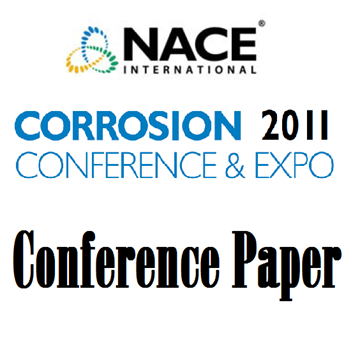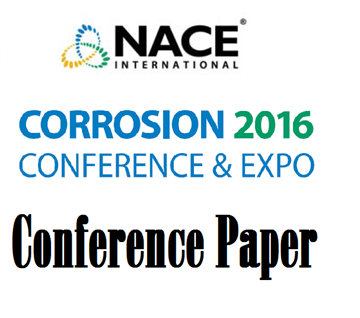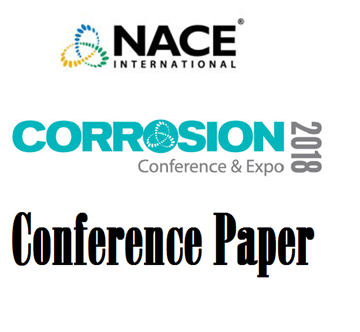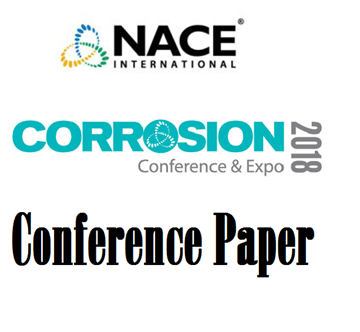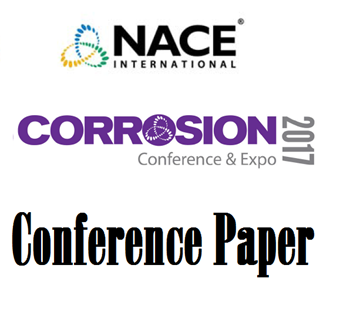Search
Products tagged with 'methanol'
View as
Sort by
Display
per page
07663 The Effect of Oxygenated Methanol on Corrosion in Sour Wet Gas Environments
Product Number:
51300-07663-SG
ISBN:
07663 2007 CP
Publication Date:
2007
$20.00
11120 Sulfur Corrosion Due To Oxygen Ingress
Product Number:
51300-11120-SG
ISBN:
2011 11120 CP
Publication Date:
2011
$20.00
51316-7328-Comparing Environmental Resistance of UNS R55400 Tubulars to Other Oilfield Titanium Alloys
Product Number:
51316-7328-SG
ISBN:
7328 2016 CP
Publication Date:
2016
$20.00
51318-10921-Titanium Alloy Stress Corrosion Resistance to Methanol Vapor in Hydrocarbon Gas Export Systems
Product Number:
51318-10921-SG
Publication Date:
2018
$20.00
Test Equipment for Sour TLC Testing
Product Number:
51317--9337-SG
ISBN:
9337 2017 CP
Publication Date:
2017
$20.00

